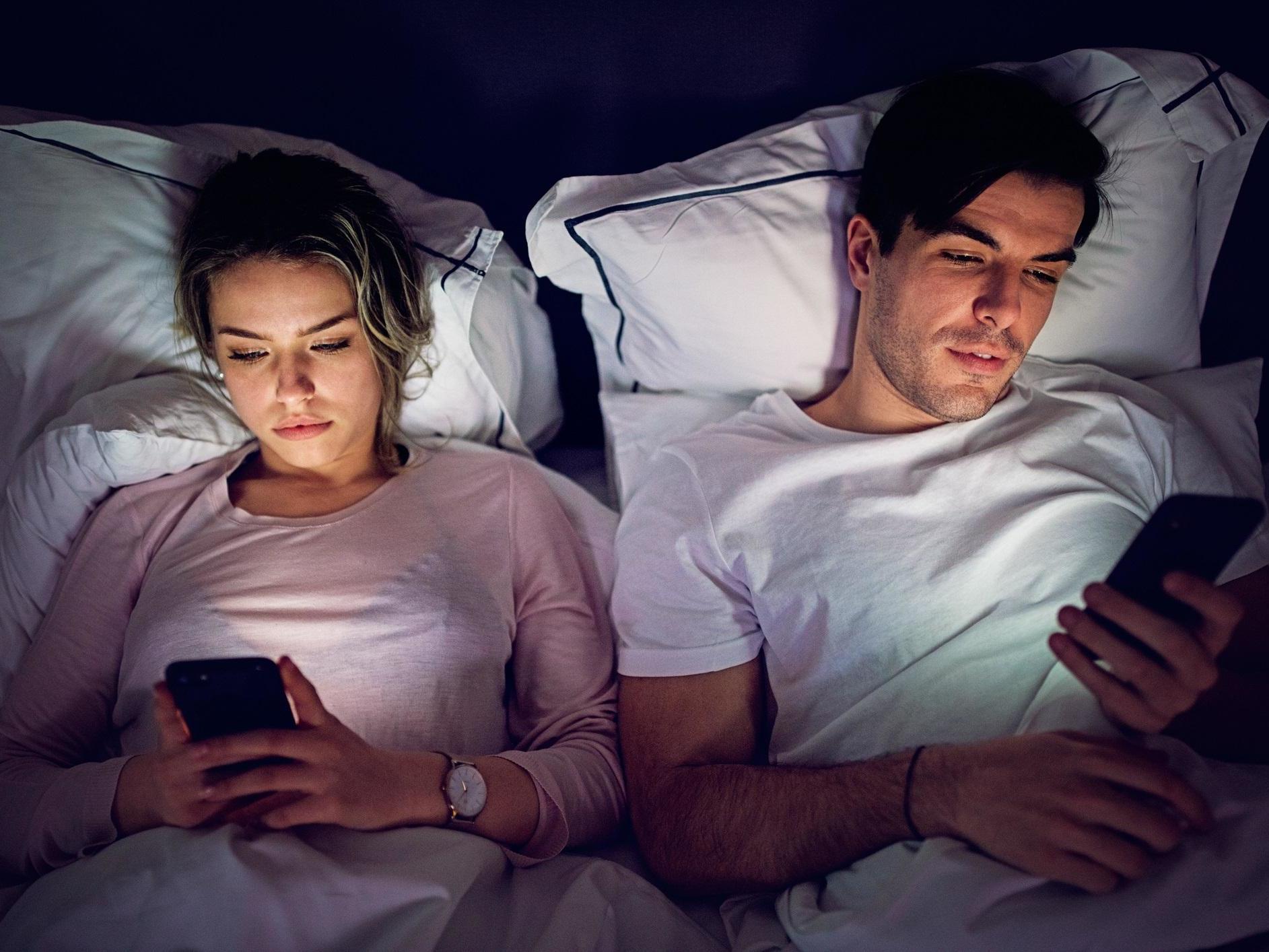Parents should leave phones on kitchen table at night to set 'good example' to children, says government adviser
Mobiles should also be switched off during meal times and two hours before bed, says former headteacher Ian Bauckham

Parents should leave their phones on the kitchen table at night to set a good example to their children, a government adviser has said.
Former headteacher Ian Bauckham – who is helping implement the new Relationship and Sex Education (RSE) classes in schools – urged mums and dads to spend less time on their mobiles.
He said they should they should then use that as an example to limit their children’s time online too.
The one-time head of the Association of School and College Leaders told the Daily Telegraph parents must “allow a period where phones and computers can be used, but strictly demarcate that in the family routine”.
He said: “Have times when it’s clearly not acceptable to use technology or your mobile phone. For example, at a family meal.
“Make sure all computers are switched off at least two hours before bed time. Don’t allow internet access in the bedroom, particularly not mobile phones, and all mobile phones – including mum’s and dad’s – get left on the kitchen table when you go to bed.”
Mr Bauckham was speaking as he continues to advise on the new RSE lessons, which will be made compulsory in schools from September 2020.
The classes will see pupils as young as four being taught about the perils of “pervasive” social media and encouraged to take time offline.
He added: “The tendency of current teenagers to be more isolated – they go out less, they meet up physically with friends less than a generation ago – that’s largely a consequence of social media.
“Physically, young people are probably safer than they’ve ever been before because of the awareness of physical risk, and because they don’t go out as much, partly because of social media.
“But psychologically, mentally, emotionally, I think they are probably more fragile than they have been for many generations. That’s because of unregulated exposure to the internet: porn, social media, all the risky aspects of the internet.”
Subscribe to Independent Premium to bookmark this article
Want to bookmark your favourite articles and stories to read or reference later? Start your Independent Premium subscription today.

Join our commenting forum
Join thought-provoking conversations, follow other Independent readers and see their replies